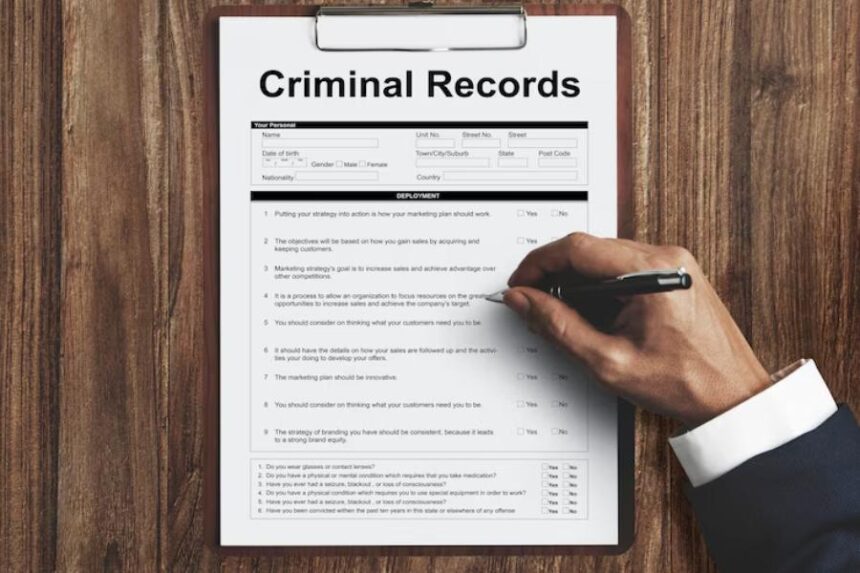You probably know that your conviction becomes part of a public criminal record, and understandably so, considering it is legal proof of guilt. Arrests are based on probable cause and do not always result in a conviction, so you may wonder if it will appear on the public record or impact your life.
There isn’t a definite answer to this question because there are cases where it can, and there are also cases where it won’t. This article looks into this subject and can be helpful if you are worried your arrest will negatively impact your life. You can contact a criminal defense lawyer, like DC-based David Benowitz, to understand if you can have your criminal record sealed or expunged.
The General Rule
Arrest records are public records as a general rule, and there is a good reason for this. They encourage accountability in law enforcement and can help trace a loved one in case they are in police custody and no one is aware of it. Arrest records also serve the purpose of upholding the public’s right to know about criminal activity happening in their locality and what law enforcement is doing about it.
While having arrest records public is the general rule, states can determine what information about the arrest is made public. In Texas, for example, an arrest record will show on a background check; however, it cannot be treated as a conviction by the government or an employer.
What Happens to the Arrest Record If I Am Acquitted?
Once an arrest is entered into the record, it remains on the record even after you are acquitted. However, the law provides a way of striking it off the records, and you have to be the one to initiate the process.
There are two options for clearing your arrest record: expungement or sealing. Expungement means the record is struck off both the public and the police record. Sealing, on the other hand, means it stops being a public record but will still appear on the police record and can be accessed by a court order. The expungement or sealing process requires some technical legal procedures, so you may want to have a lawyer to guide you through the process.
An Arrest Record After Conviction
If you are convicted following your arrest, your arrest and conviction will remain part of your criminal record. Certain misdemeanors are expungeable even after a conviction, but you have to satisfy all the terms of your sentencing first.
Why Erasing Your Arrest Record Is Important
Employers and landlords are allowed by law to run background checks on prospective employees and tenants. While an arrest doesn’t mean you are guilty of a crime, its presence on your records will affect their perception of you, potentially ruining your chances of success in your pursuit, so having a clean record can work in your favor to that effect.
It could also affect your social life and ruin your relationships because not everyone understands the difference between an arrest and a conviction. So, erasing it can significantly improve your social life.
Conclusion
While arrest records are generally public, they do not always reflect guilt, and their impact on your life can vary. In some cases, an arrest may appear on background checks, even if the charges are dropped or you are acquitted. Legal avenues like expungement or sealing can help protect your reputation by removing or restricting access to arrest records. This is especially important if the arrest has the potential to affect your job prospects, housing opportunities, or personal relationships. The process of clearing your record can be complex and requires careful legal guidance to ensure it is done properly. Whether through expungement or sealing, addressing your arrest record can provide peace of mind and a fresh start. If you are concerned about the long-term effects of an arrest on your life, consulting with an experienced criminal defense attorney is a wise step toward exploring your options for clearing your record.




